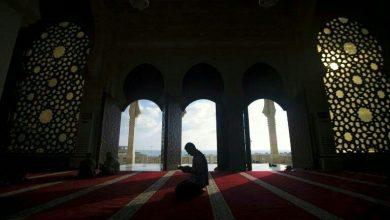DAILY POST #101
Imaam Ibn Hajar Al-‘Asqalaani – rahimahullaah – said:
It is reported from Anas radiyallaahu anhu- who said – The Messenger of Allah -salallaahu alayhi wasallam said:
” Tuba ( it means all kinds of happiness or name of a tree in jannah) belongs to he whose (rectification of his) own errors occupies him from the errors of others””
Transmitted and recorded by Imaam Al-Bazzar with a good chain of narrators. Imaam Al- Haythami mentioned the hadith in Al Majm’u#16569. And Imaam Al-Albani declared the hadith to be weak in Da’ifu Al-jaami’#3644.
COMMENTARY
The hadith shows the importance of the following:
1. It shows that whosoever busy himself rectifying his faults or mistakes rather than preoccupying himself looking towards other people’s shortcomings will have a beautiful place of return on the Resurrection. The word TUBA” in the hadith means all kinds of happiness or is a name of a tree in jannah in which a Rider can ride under its shade for 100yrs without going out of it.
2. It encourages one to hasten to looking towards his affairs and make adjustment of his errors, set his journey towards the last day and ponder about his life generally whether it is based on what Allah commands or not. This act of pondering about one’s life and hereafter are not done unless by the people of intellect and understanding. Allah says:” But none remember or ponder except men of understanding.”
3. It indicates the status and reward of one who occupies himself amending his faults. However, this does not mean one should stick ONLY to rectifying his faults and shun away totally from giving Nasiha( advice), preaching to others or correcting people’s faults or errors. Rather, what it means is that one should busy himself rectifying his fault and at the same time one should command good and forbid evil.
And this is one of the attributes of the believers. Allah says about the believers; “….they(i.e the believers) enjoin on the people Al-Ma’ruf (i.e. Islamic Monotheism and all that Islam orders one to do), and forbid people from Al-Munkar (i.e. polytheism and all that Islam has forbidden);…”.
4. Lastly, there are verses and authentic Ahaadith with similar meaning with the above hadith.
Allaahu A’alam!
Baarakallaahu feekum!




